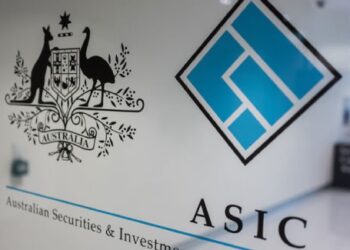The Australia Institute’s Centre for Future Work research on the relationship between super contributions and wages looked at the relationship between wages and super guarantee increases since the introduction of the super system and found that, on average, wages were likely to grow at a faster rate in years when the SG was increased.
“The paper concludes that current record-low wage growth in Australia cannot be ‘fixed’ by abandoning scheduled increases in the SG rate, which is currently legislated to grow from 9.5 per cent of wages to 12 per cent over a five-year period beginning 1 July 2021,” the Centre for Future Work said.
“There is no visible correlation between increases in the SG rate and either lower or slower-growing wage increases.”
The report also used economic modelling to test the claim that there could be a one-to-one trade-off between super payments and wage increases in the future.
“Even under very restrictive and unrealistic assumptions about competitive market-clearing behaviour in labour markets, the expectation of a fully offsetting one-for-one trade-off between wages and SG contributions only occurs in the special cases of perfectly inelastic labour supply or perfect substitutability between voluntary and policy-induced personal savings,” the Centre said.
The research comes amid concerns the government will use its current review of the retirement income framework to cancel further increases to the SG.
The issue was discussed at a recent Crescent Think Tank event in Sydney, where former opposition leader John Hewson said while the current SG level was too low to support a comfortable retirement for most workers, the government was facing “a very different environment in terms of wages and inflation” which may account for its holding back on SG increases.
In response, former ACTU secretary Bill Kelty, a key architect of the original super system, said it was unlikely that deferring SG increases would lead to better outcomes for workers or retirees.
“I’m not sure about you, but I don’t know one employer in the whole country who has said, I note, the super increase has been deferred; therefore, I’m going to give you a wage increase. All that will happen is workers won’t get their wage increase and they won’t get their super,” Mr Kelty said.


